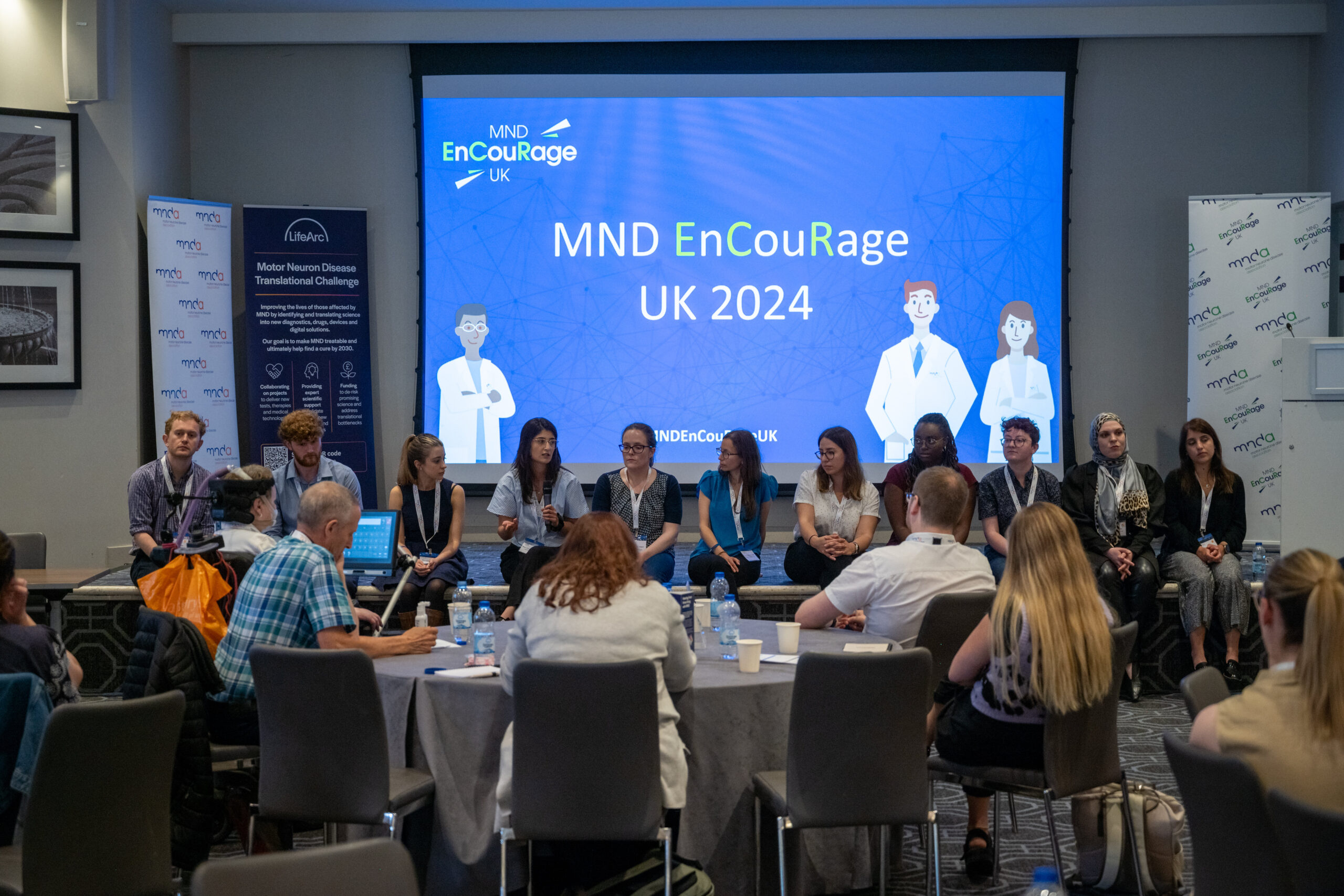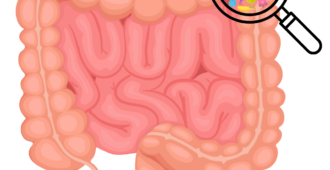Two sets of MND genetic results were published yesterday. One of these results was about the importance of a new gene called NEK1. The second highlighted the role of gene C21orf2 in MND – we wrote an article about this yesterday. Both sets of results were published in the prestigious journal Nature Genetics.
What are the results and what do they tell us?
Researchers found that variations in the NEK1 gene contribute to why people develop the rare, inherited form of MND. Variations in the NEK1 gene were also found to be one of the many factors that tip the balance towards why people with no family history develop MND.
NEK1 has many jobs within motor neurones including helping keeping their shape and keeping the transport system open. Future research will tell us how we can use this new finding to target drugs to stop MND.
An international group of over 80 scientists from 11 countries contributed to this research, led and co-ordinated by labs in Massachusetts USA, Utrecht in The Netherlands and Milan, Italy.
In order to be sure results are correct, scientists are always looking to repeat their analysis. This study found that NEK1 was important in MND by using three separate sets of samples in three separate ways.
Discovery made due to good timing!
There were a number of things that happened in the last few years that contributed to why and how the results were found:
- Collaboration in sharing a large number of samples from people with MND (and importantly also a large number of samples from people who don’t have MND used for comparison).
- Money raised around the world from the Ice Bucket Challenge to fund a new (and expensive!) technique called whole genome sequencing (WGS). WGS is used to analyse the samples in more detail than has ever been possible.
- Creation of Project MinE by the Dutch entrepreneurs Bernard Muller and Robbert Jan Stuit, both living with MND. Project MinE is an international project to facilitate the collection of a large number of DNA samples from around the world and the fundraising to pay for it. The large numbers of samples that are being collected and shared for analysis gives them the buying power or ‘critical mass’ to analyse the samples cost effectively and to manage and analyse the vast amount of data (results) from this analysis.
The MND Association has contributed over £1.5m and approximately 1,400 samples from our UK MND DNA bank towards Project MinE. We are aiming to increase that number to 2,000 samples in the future.
Kenna et al Nature Genetics 2016 doi:10.1038/ng.3626






Its really great they may have found the reason why people get MND when no one else as had it in the family, like me no family members with it , just me I was a community care worker walking to the people homes I was fit and slim no smoking no drinking , now I have no voice can stand up with help but most the time sat in the electric chair